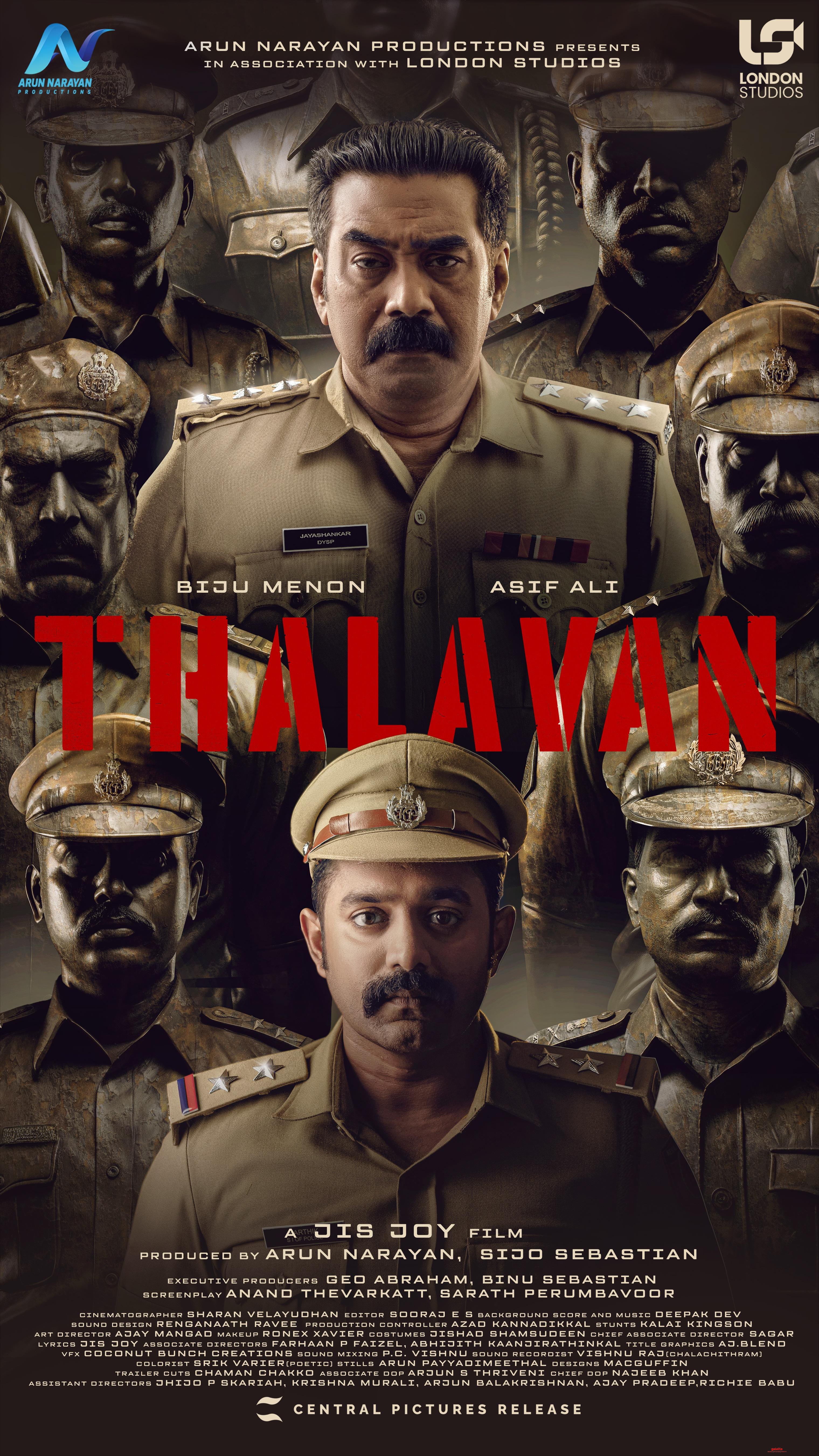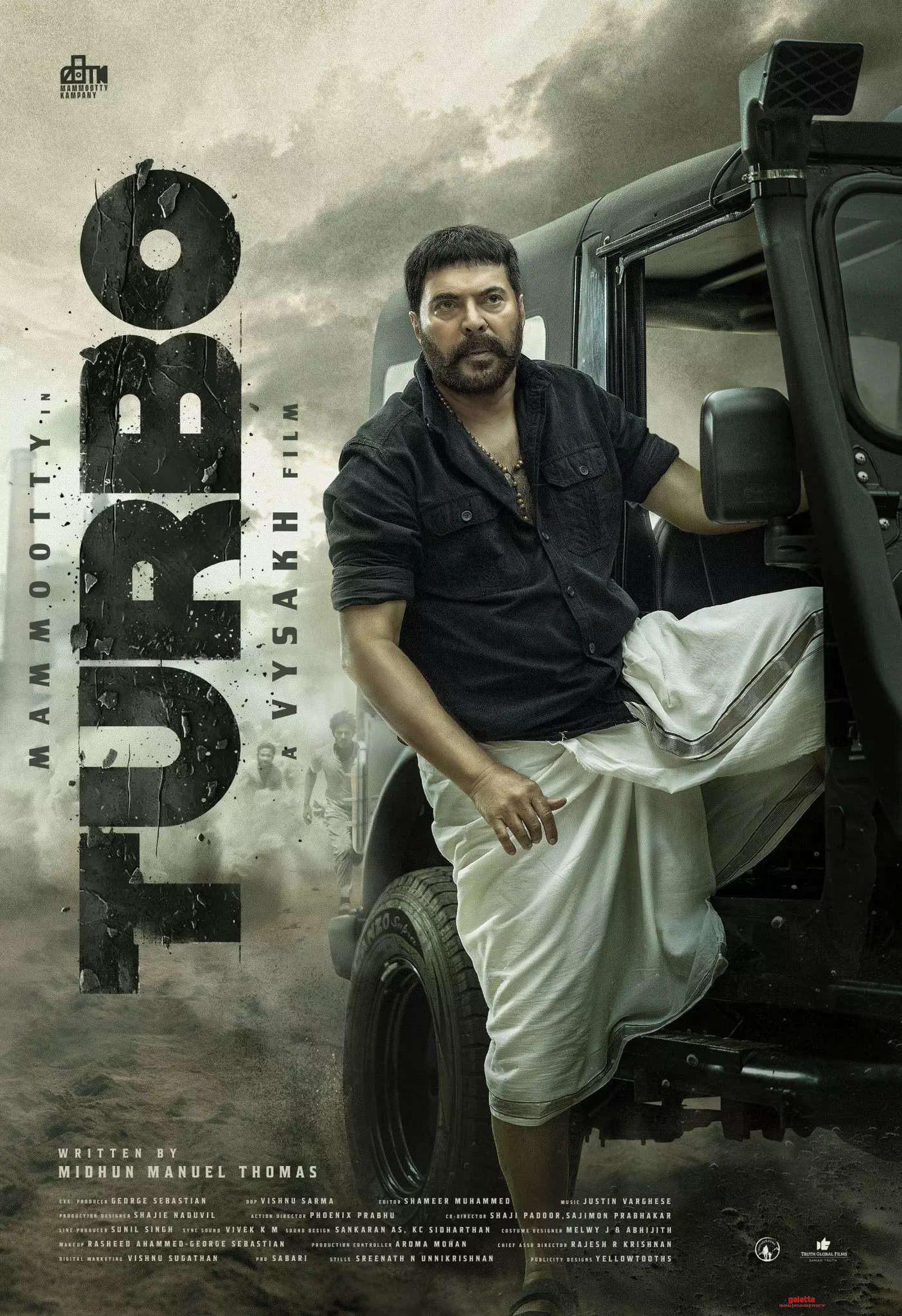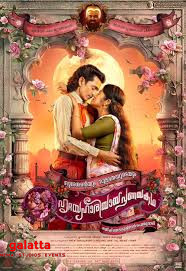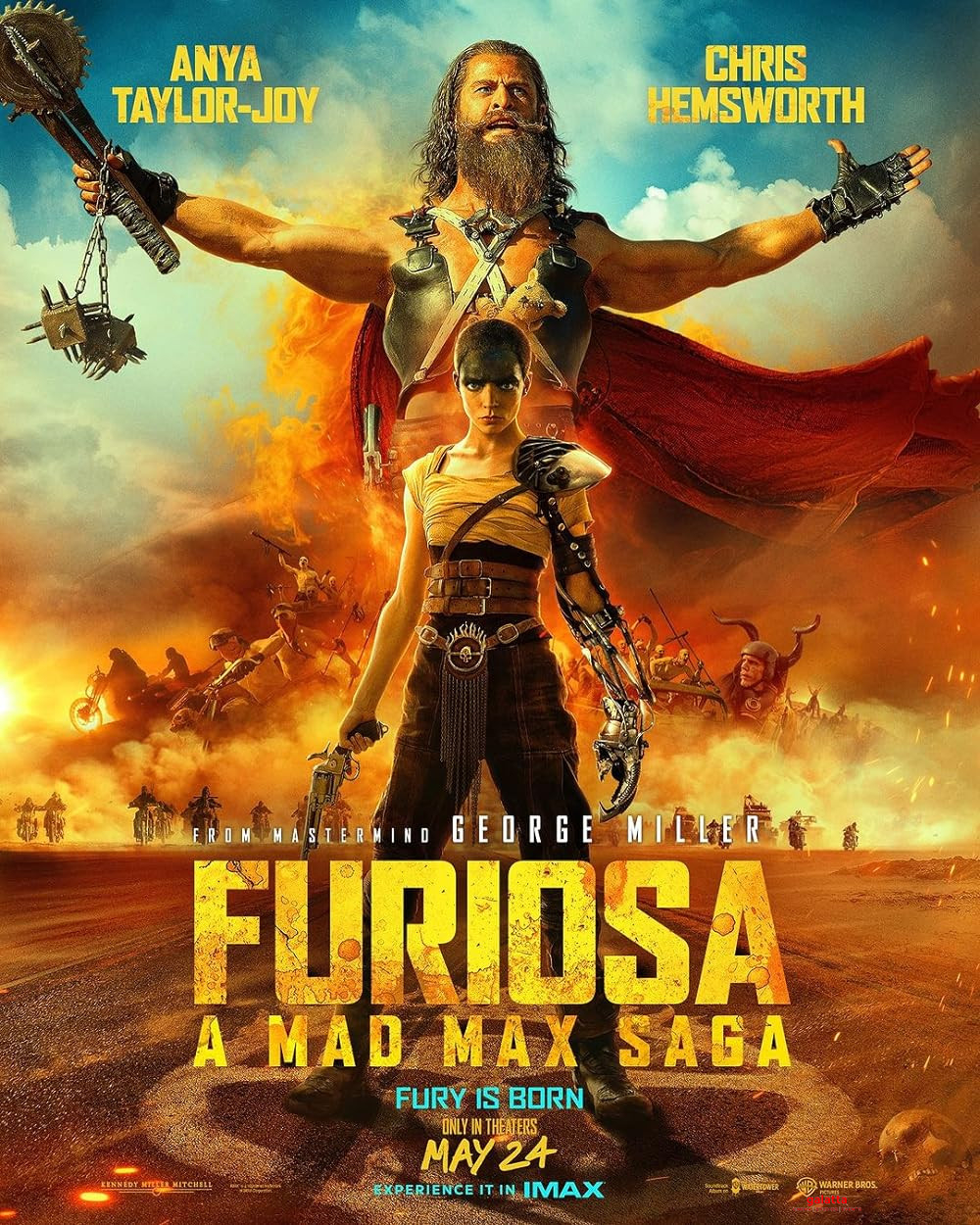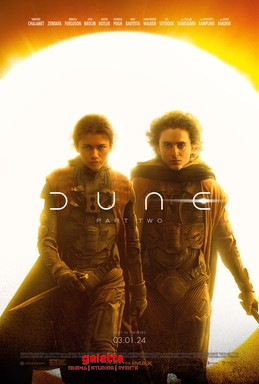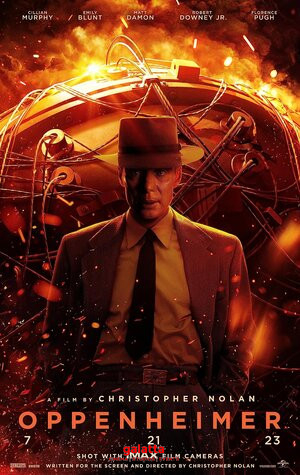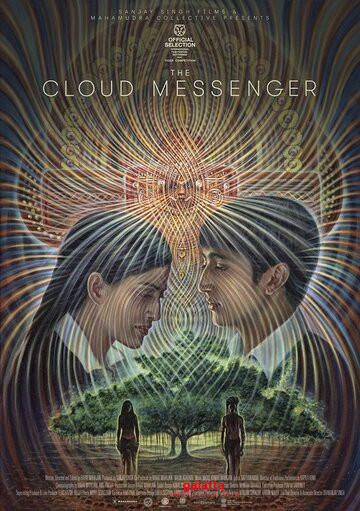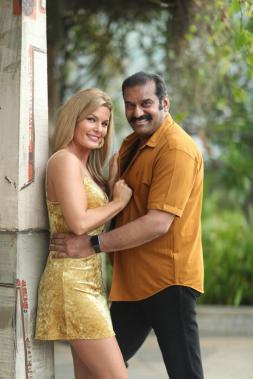Civil War Movie Cast & Crew
Alex Garland's films have often elicited strange and polarising reactions. Civil War is no different. It is, by far, the biggest film he has done in terms of scale, but his films, no matter how minimal they look, have, under their surface, explored complex themes and emotions.
Now, for an Indian viewer, the events presented on the screen may not seem relatable at first glance, but look closer, and you will see some elements bearing a close resemblance to what's happening in our own country.
Take the entire segment with an unnervingly menacing and intimidating Jesse Plemons, who asks Kirsten Dunst, Wagner Maura, and Cailee Spaeny where they are from in America to ascertain "How American" they are. Now, that sounds quite similar to being asked, "How Indian are you?" sometimes by the so-called "patriotic" folks who live in Dubai or the U.S.
From beginning to end, the film is a rollercoaster ride, with a pall of gloom following each individual -- right from Kirsten Dunst's character: a disillusioned and battle-weary photographer who has seen and been in the most tragic and trauma-inducing circumstances. So when she crosses paths with Cailee Spaeny's character, she sees her younger self in her, with the same enthusiasm and cockiness that she probably felt once.
Speaking of the film's point of view, different people will have different takes on this, but I felt it belongs to Kirsten Dunst's character, and its feelings mirror hers. This is one of those films that isn't interested in spelling everything out for the viewers.
For example, when the film begins, something terrible has happened, and the United States is in the middle of a civil war. There's no explanation given as to how and why it happened. We see a military outfit called Western Forces engaged in conflict with the U.S. government military. Perhaps this is a rogue outfit like the one we saw in the Michael Bay movie, The Rock. We are planted in the middle of the chaos, but the film is sensible enough to respect the audience's intelligence and wants us to put together all the pieces of the puzzle, provided we get all of it.
Take the situation where two snipers are engaged in eliminating an opponent holed up inside a home. Their immediate concern is survival, not politics. This situation speaks about something. There's another instance where a shopkeeper casually reads a book without being bothered about what happens on the outside. The film is probably telling us to get out there and do something about the very problem that concerns us instead of complaining about it on social media.
The film also seems to be saying something about the nature of spectacle and how we see it, and the way Alex Garland treats spectacle and violence is interesting. At times, it panders to blockbuster movie buffs and at others, it dilutes the intensity of the action, as though it wants to deprive the former of the fun and joy they get out of it.
Again, without spelling anything out, it invites us to ask questions about these things. Some of the scenes involving photojournalists remind us of the attitude of those who record an event with their camera without bothering to get involved or help the suffering or the sensation-hungry news organisations whose only concern is to get a quote, with no regard for the well-being of the person giving it.
All this unglamorous mayhem plays out on a large, immersive canvas that makes you feel the unease the characters feel at any moment. The efficient sound design is a combination of choices that either impart a hypnotic quality to the proceedings through some esoteric song choices or use complete silence and ambient noises to build tension.
I found this to be a thought-provoking exercise in the same vein as, say, Jonathan Glazer's The Zone of Interest. Both films rely mainly on images to tell its story. Naturally, this approach is going to frustrate some, and runs the risk of being labelled pretentious by certain groups, but the films that do that are the most interesting, wouldn't you agree?

